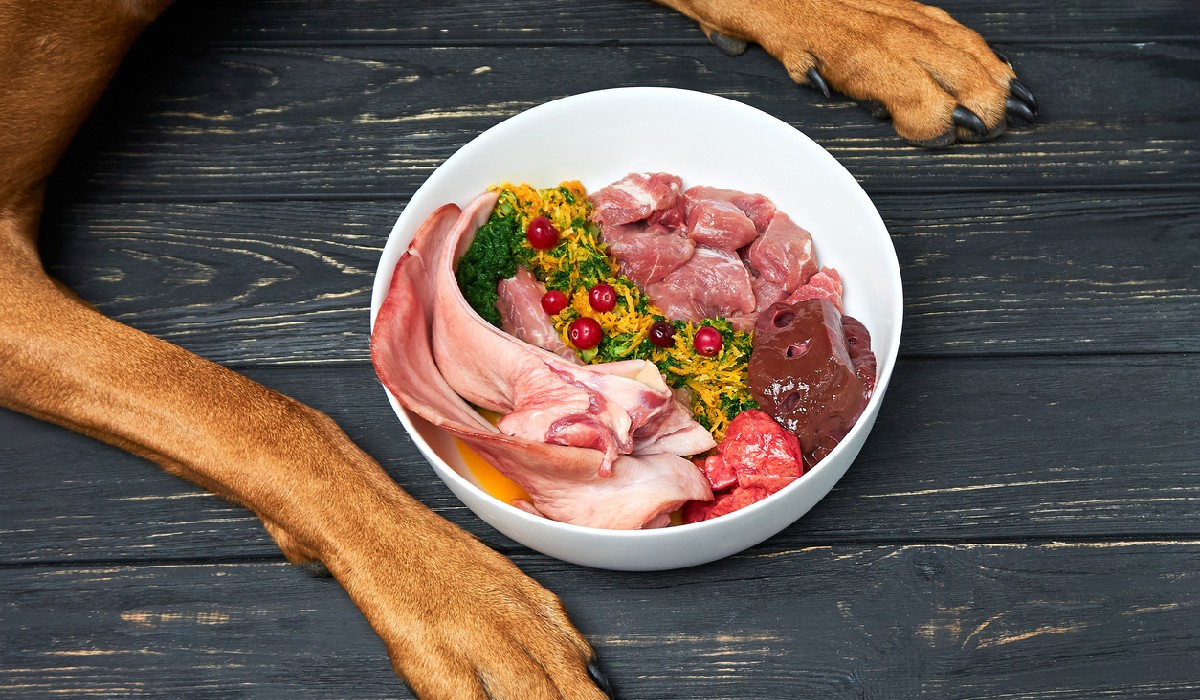What Happens When You Limit Carbs From Your Dog’s Diet?

INTRODUCTION
When you limit carbs from your dog’s diet, your pet’s body will begin to burn fat for energy. This process is known as ketosis, which is when your body has elevated levels of ketones. The benefits and problems associated with ketosis are not universal, and it’s unclear whether it’s necessarily a good thing or a bad thing. For example, ketosis can help to:
- Reduce inflammation
- Improve joint health
- Clear up skin conditions
- Regulate blood sugar levels
- Boost energy levels
If you’re thinking of cutting carbs from your dog’s diet, read on to learn more about how it can benefit your pup!
CARBS ARE NOT AN ESSENTIAL PART OF YOUR DOG’S DIET
Many dog owners are surprised to learn that carbs are not an essential part of their dog’s diet. While carbs do provide some energy for dogs, they are not necessary for a dog to live a healthy life. In fact, too many carbs can actually be detrimental to a dog’s health.
When you limit carbs from your dog’s diet, you are essentially forcing their body to find another source of energy. This can be done by either increasing the amount of fat in their diet or by increasing their activity level. A great way to do this is by adding keto dog food to your dog’s diet.
If you are feeding your dog a high-fat diet, you may notice an increase in their energy levels. This is because their bodies are burning fat for energy instead of carbs, but it’s important to make sure that you are not overfeeding your dog — too much fat can lead to obesity, which can be just as harmful to a dog’s health as too many carbs.
If you are increasing your dog’s activity level, you may initially notice a decrease in its energy. This is because their bodies are not used to burning calories for energy, but after a few weeks of increased activity, your dog’s body will adjust and they will likely have more energy than they did before.
Overall, limiting carbs from your dog’s diet can be a healthy way to help them lose weight or maintain a healthy weight — just be sure to do it in a way that is safe and healthy for your pet.
LIMITING CARBS HAS MULTIPLE BENEFITS FOR YOUR DOG
When you limit carbohydrates in your dog’s diet, you may see a number of benefits, including weight loss, improved digestion, and more. Weight loss may occur because carbohydrates are a source of energy, and when you reduce the number of carbohydrates your dog consumes, their body may start to burn fat for energy instead — this can be especially beneficial for dogs who are overweight or obese. Improved digestion may also occur because carbohydrates can be difficult for dogs to digest properly, so limiting them may help your dog’s digestive system run more smoothly.
MAKE SURE TO STILL PROVIDE YOUR DOG WITH THE OTHER NUTRIENTS THEY NEED
However, it’s important to make sure that you’re still providing your dog with all the other nutrients they need, such as protein, fat, and vitamins. For example, if you’re feeding your dog a low-carb diet, you’ll want to make sure that they’re still getting enough protein from other sources, such as chicken or fish. You’ll also want to make sure that they’re getting enough fat, which is essential for their coat and skin health. And finally, you’ll want to make sure that they’re getting enough vitamins, which are essential for their overall health.
TALK TO YOUR VETERINARIAN TO ENSURE IT’S THE RIGHT DECISION FOR YOUR PET
If you’re thinking about limiting carbs in your dog’s diet, talk to your veterinarian first — they can help you determine whether it’s the right decision for your pet based on their individual health needs.
When you limit carbs in your dog’s diet, they may need more fat and protein to maintain their energy levels. This can be a good thing or a bad thing, depending on your dog’s overall health — if your dog is overweight, limiting carbs can help them lose weight, but if your dog is very active, it may need more carbs to maintain its energy levels.
Talk to your veterinarian about how to transition your dog to a low-carb diet and which kinds of food to feed them — they can help you make sure your dog is getting the nutrients they need while on a carb-restricted diet.
